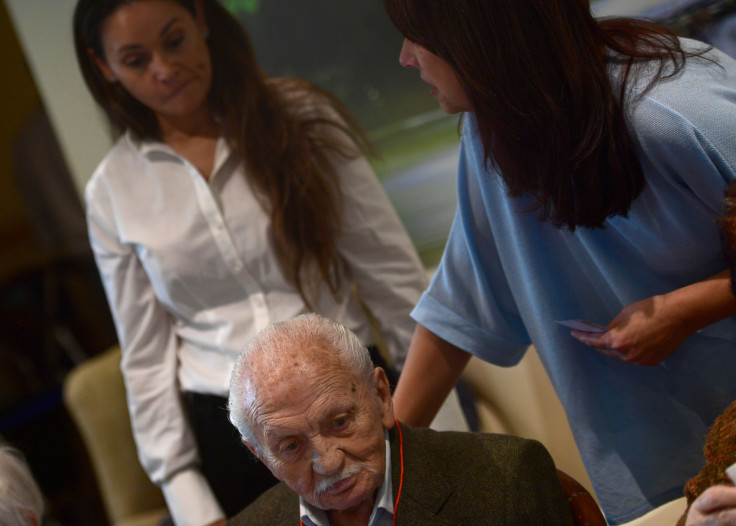Alzheimer’s Patients In US Will More Than Double By 2060, Research Suggests

By 2060, about 15 million American citizens will have Alzheimer’s dementia or mild cognitive impairment, according to a new study. The current number of Americans who suffer from these conditions is 6.08 million.
The study was conducted by researchers at the UCLA Fielding School of Public Health, and was published in Alzheimer's and Dementia: The Journal of the Alzheimer's Association on Thursday. It is said to be the first to find the number of United States citizens who have mild cognitive impairment or preclinical Alzheimer’s diseases.
As part of the study, the researchers looked at the biggest studies that were conducted about rates of progression of Alzheimer’s disease. Then, using the information from these studies, they created a computer model. One of the key parameters that defined the computer model was the aging of the American population.
Using the computer model, the researchers found that by the year 2060, 9.3 million Americans will have dementia due to Alzheimer’s, while about 5.7 million will be suffering from mild cognitive impairment. Among the ones who will have dementia, 4 million will be in need of intensive care akin to what’s provided in nursing homes.

Mild cognitive dementia refers to an intermediate clinical state. In other words, it’s not yet full-fledged dementia. According to the estimate of the study’s lead author, about 2.4 million U.S. citizens presently live with mild cognitive impairment due to Alzheimer’s disease.
Ron Brookmeyer, the lead author of the study and a professor of biostatistics at the UCLA Fielding School of Public Health, said the study’s findings point to the need to create methods that could help slow the progression of the disease in those with indications of neuropathological changes. Such progression, if left unchecked, could lead to Alzheimer’s dementia.
"There are about 47 million people in the U.S. today who have some evidence of preclinical Alzheimer's, which means they have either a build-up of protein fragments called beta-amyloid or neurodegeneration of the brain but don't yet have symptoms," said Brookmeyer. "Many of them will not progress to Alzheimer's dementia in their lifetimes. We need to have improved methods to identify which persons will progress to clinical symptoms, and develop interventions for them that could slow the progression of the disease, if not stop it all together."
This is a significant need that Brookmeyer pointed out, given how America has a large ageing population, meaning more number of people with risk of Alzheimer’s disease.
"Estimates by disease state and severity are important because the resources needed to care for patients vary so much over the course of the illness," said Brookmeyer.
Certain aspects remain uncertain following the study though. For instance, the participants in the studies that the researchers examined don’t necessarily represent all the demographics in America. Another problem is that other kinds of dementia — like vascular dementia — weren’t examined by the researchers. These other dementia types could also affect an ageing population.
A chronic neurodegenerative disease that usually begins slowly and progresses over time, stripping its sufferers of their memories and disables them from even taking care of themselves, Alzheimer’s is one of the most feared medical conditions. The fact that it doesn’t have any cure at present makes it even worse. In the U.S., the Alzheimer’s Association estimates the number of people with Alzheimer’s dementia is 5.5 million.
© Copyright IBTimes 2024. All rights reserved.





















